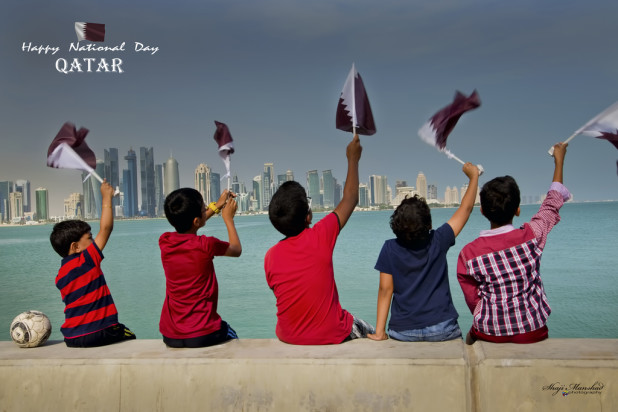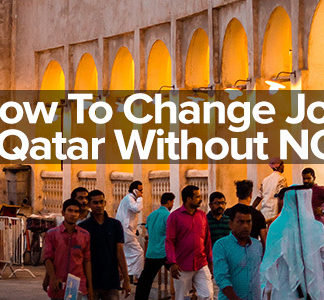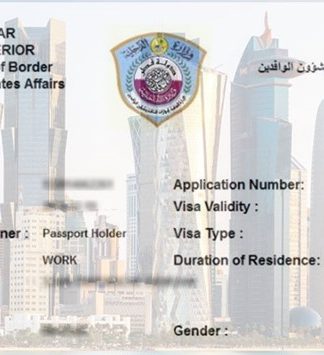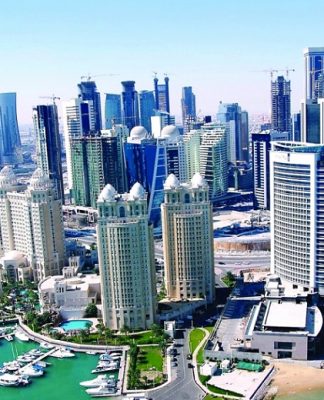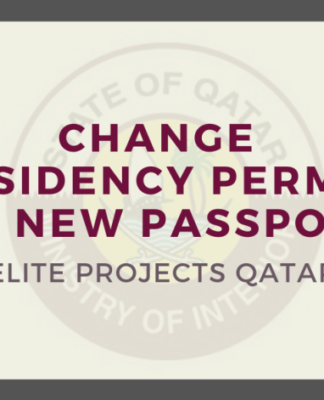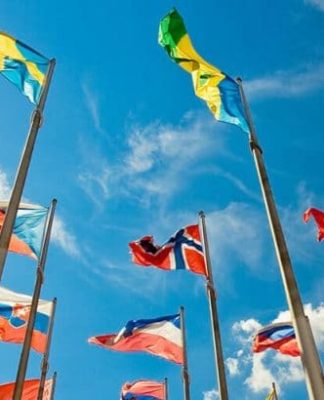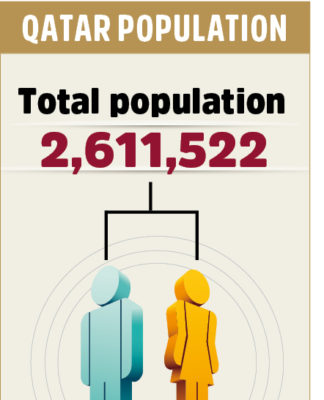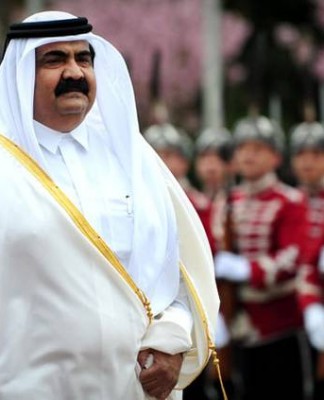Foreigners married to Qatari women, those who have “performed great services” for the state and other expats will soon be eligible for permanent residency status.
The Cabinet approved draft legislation to this effect today, in a move that will likely affect tens of thousands of foreigners living in the country.
Those who are granted the new status would be afforded the same education and healthcare rights as Qataris.

Ted Eytan/Flickr
Photo for illustrative purposes only.
They would also enjoy priority for government and military jobs after locals, and be allowed to own real estate in the country.
According to QNA, foreigners can apply for the status with the Ministry of Interior.
In addition to spouses of local women, those with “special competencies” needed by the state can also qualify.
A committee is expected to be formed to consider the applications.
Qatar is one of the first Gulf countries to be offering this type of status.
However, Dubai did announce similar plans in February of this year, mostly aimed at people with “extraordinary ability” in science, math and business.
Long time coming
The idea of establishing a permanent residence status for expats has been kicked around for years.
It was even suggested in Qatar’s National Development Strategy 2011-2016, as part of efforts to retain high-quality expat talent.

Avi Viljoen/Flickr
Photo for illustrative purposes only.
According to the report:
“The rising proportion of expatriate workers in the past decade has created considerable risks, including to the economy, should a major crisis force expatriates to leave.
In order to satisfy the demand for skilled expatriate workers, Qatar needs to create incentives, through improved working and living environments, especially the provision of appropriate schooling, to attract and retain the right mix of skills.”
For some, permanent residency status is seen as a compromise that serves both expats and locals well, because it side-steps the sensitive nationalization issue.
Qataris comprise only some 10 percent of the population, and the legal path to citizenship is very narrow due to fears about cultural dilution.
Gulf dispute
It is unclear whether the timing of the Cabinet’s decision was influenced by the Gulf dispute.
But Qatar’s Emir has recently emphasized the importance of self-sufficiency and economic diversification in the face of the crisis. He also brought up those goals to the Cabinet yesterday.

QNA
Qatar’s Emir
Retaining top talent is crucial to those goals, especially amid an ongoing political crisis.
Additionally, the country is racing to finish its building boom ahead of the 2022 World Cup.










